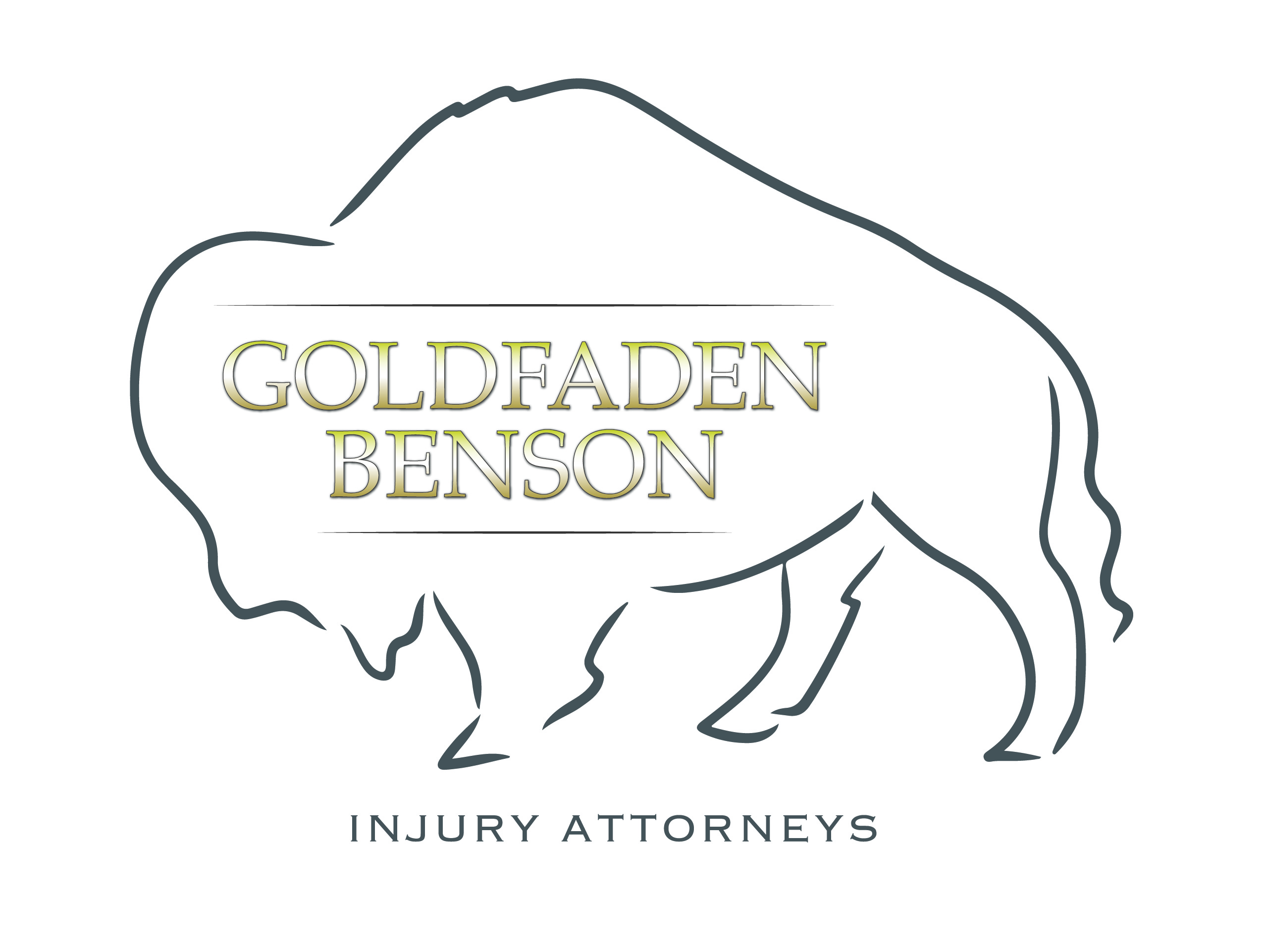**Understanding Malicious Prosecution in California**
Malicious prosecution is a legal claim that can arise when someone wrongfully initiates a lawsuit with malicious intent, without sufficient grounds for doing so. Essentially, it allows individuals to seek justice when they've been unfairly targeted by a baseless legal claim. This blog post will clarify what you need to prove to establish a case for malicious prosecution.
**Key Elements to Prove Malicious Prosecution**
To successfully bring a claim of malicious prosecution, a plaintiff must establish several critical components:
1. **Active Involvement**: The plaintiff must prove that the defendant was actively involved in bringing or continuing the questionable lawsuit. This means the defendant must have taken specific actions that led to the initiation or continuation of the lawsuit.
2. **Favorable Termination**: The lawsuit in question must have ended in the plaintiff’s favor. This does not mean simply winning; the resolution must indicate that the allegations were without merit.
3. **Lack of Reasonable Grounds**: It must be shown that no reasonable person in the defendant's situation would have believed there were sufficient grounds to bring the lawsuit. This involves evaluating the facts known to the defendant at the time the lawsuit was initiated.
4. **Improper Purpose**: The plaintiff must provide evidence that the defendant initiated the lawsuit for reasons other than achieving justice or resolving a legitimate legal dispute. This could include motives driven by hostility, spite, or other impropriety.
5. **Harm Caused**: The plaintiff needs to demonstrate that they suffered harm due to the malicious prosecution. This could include financial loss, emotional distress, or damage to reputation.
6. **Causation**: Finally, it must be shown that the defendant's actions were a substantial factor in causing the harm experienced by the plaintiff.
**Real-Life Implications**
Imagine a scenario where a business owner is falsely accused of stealing a competitor's trade secrets, leading to a lawsuit. Although this lawsuit appears serious on the surface, if the competitor had no evidence and was merely trying to damage the business owner's reputation, the business owner could potentially prove malicious prosecution if they can satisfy the above elements.
**Conclusion: Protecting Your Rights**
Malicious prosecution serves as a safeguard against the misuse of the legal system to harm others. If you've faced a frivolous lawsuit that caused you distress, you may have legal recourse. It’s essential to have an engaging and informed discussion with a legal expert who can offer insights based on your unique circumstances.
For further details on personal injury law or to discuss a potential claim, reach out to us at Goldfaden Benson. We are here to help you navigate your legal challenges with confidence.
Are you or someone you know facing a similar situation? Don’t hesitate to connect with us to explore your options.







